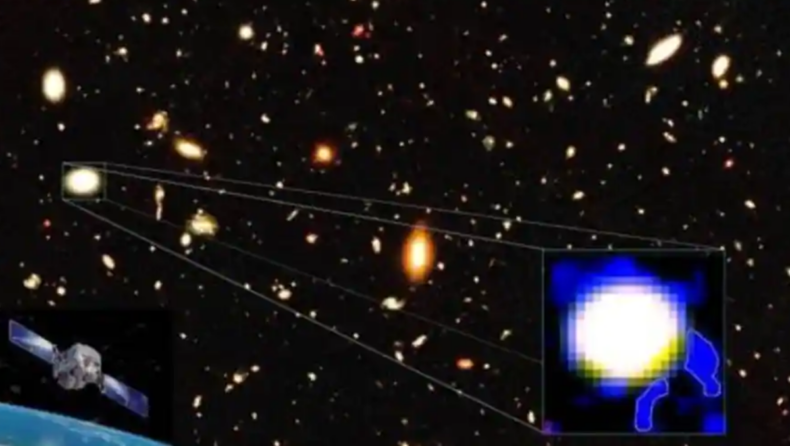It’s not likely that today’s major extinction event will match the previous five, according to a climate scientist from Tohoku University in Japan.
Over the past 450 million years or more, there have been at least five instances in which events leading to widespread extinction have wreaked havoc on life on Earth. According to experts, human activity has already begun to usher in the sixth of these catastrophic events.
Multiple times during the last 540 million years, the majority of Earth’s species have disappeared off the face of the planet over a very short amount of geologic time.
These occurrences are referred to as “mass extinction events,” and they typically follow in the footsteps of climate change. The climate change might have been caused by significant warming or extreme cooling, and it could have been initiated by asteroids or by volcanic eruptions.
An Overview
In the past 540 million years, the Earth has been the site of five major catastrophes that caused the loss of a large percentage of its species. The most catastrophic of these disasters took place 250 million years ago.
This was responsible for the extinction of 95 percent of all creatures on the planet. Scientists have been attempting to predict when the subsequent one will most possibly occur.
After running the statistics, a climate scientist at Tohoku University in Japan concluded that the current mass extinction event will not be on par with those of the five that came before it. At the very most, not for the next several hundred years.
Climate Scientist from Tohoku University in Japan
Kunio Kaiho discovered a mostly direct correlation between the stability of Earth’s average surface temperature and the biodiversity of the planet when he attempted to measure the relationship between the two. The more extreme the temperature shift, the higher the extinction risk.
The highest number of species died out all at once during periods of global cooling when temperatures dropped by roughly 7o celsius. However, he discovered that the most severe cases of mass extinction happened at temperatures of around 9o celsius or higher.
To conclude
The biggest mass extinction in history, which happened 250 million years ago, happened over 60,000 years. In a few millennia, our current situation will be far worse.
Our ability to adapt to this shift may be limited because of the rapid pace of this change, and even though the warming may not be very severe, we may lose more species than previously thought. That burden will fall solely on the shoulders of mankind.













